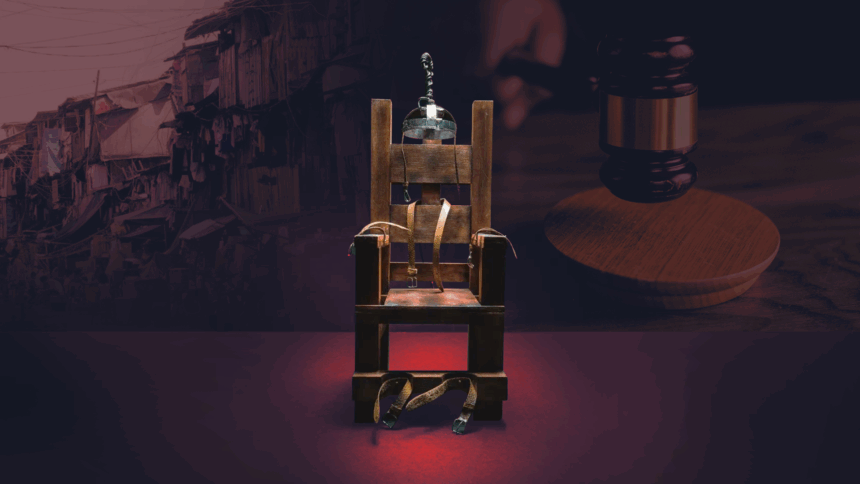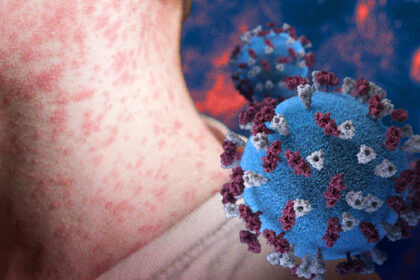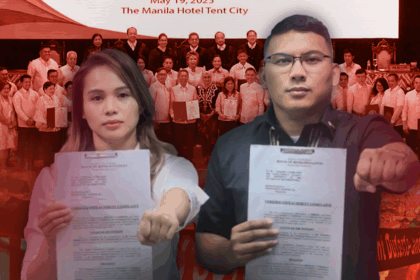United Nations (UN) human rights experts warn that the death penalty disproportionately affects the socioeconomically disadvantaged. Wealthier people can afford a competent legal defense, while those in poverty often rely on underfunded public defenders or face judicial bias.
A UN study highlights that many death row inmates globally are poor, uneducated, or belong to marginalized communities, which reflects systemic inequalities.
“This vote marks a major turning point for countries around the world and proves that UN member-states are steadily moving closer to rejecting the death penalty as a lawful punishment under international human rights law,” said Chiara Sangiorgio, Amnesty International death penalty expert.
Systemic inequality ensures that wealthier individuals can avoid harsh penalties, while the poor face the brunt of punitive measures. This inequity calls into question whether the punishment delivers justice or simply deepens societal divides, particularly an anti-poor sentence.
Despite claims that the death penalty serves justice, evidence suggests it is more likely to target individuals from disadvantaged backgrounds, who often cannot afford legal defense.
As a result, they themselves are more likely to be convicted and sentenced to death, unlike those who can afford a legal team, regardless of the proof and papers involving their cases.
Warning Signs of the Drug War
The war on drugs in the Philippines disproportionately targeted impoverished communities, where victims of extrajudicial killings (EJKs) were overwhelmingly poor and lacked legal protection.
Most people who were killed in the ‘Oplan Tokhang’ were never the big drug lords and illegal trade protectors; it was drug users who were severely penalized. However, a number of them are not proven to be using drugs but rather just accidentally involved or purposely accused.
From 2016 to 2021, over 6,000 people died in police operations, and numerous cases pointed to judicial inefficiencies and abuse of power.
“The idea that the death penalty will rid the country of drugs is simply wrong. The resumption of executions will not rid the Philippines of problems associated with drugs or deter crime. It is an inhumane, ineffective punishment and is never the solution,” stressed Champa Patel, Amnesty International’s Director for Southeast Asia and the Pacific.
The Commission on Human Rights (CHR) has noted that the same systemic issues, including lack of legal aid, judicial inefficiencies, and discriminatory practices, could lead to wrongful executions if the death penalty is reinstated.
Heavier Price for the Poor
In cases involving the death penalty, legal representation is crucial. However, impoverished individuals often rely on underfunded public defenders who may lack the resources or time to build robust defenses.
A study by Amnesty International revealed that many death row inmates worldwide were convicted based on flawed investigations or coerced confessions, frequently due to the inability to afford competent legal representation.
In the Philippines, where 23.7% of the population lives below the poverty line, public defenders are overburdened, handling an average of 500 cases per year.
“The death penalty for alleged drug offenders, like extrajudicial executions, violates international law, deprives people of the right to life, and disproportionately targets the poor,” said Patel while citing EJK 2016.
Exacerbate inequality
Studies consistently show no definitive evidence that the death penalty effectively deters crime.
A 2018 UN report compared murder rates between countries with and without the death penalty and found no correlation suggesting its effectiveness.
The CHR also argues that the death penalty exacerbates inequality by disproportionately targeting the poor.
In 2004, a study revealed that over 70% of death row inmates in the Philippines earned below minimum wage. This demonstrates that poverty, rather than the severity of the crime, often dictates who faces capital punishment.








